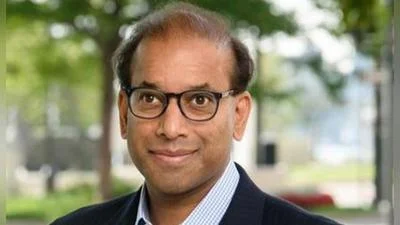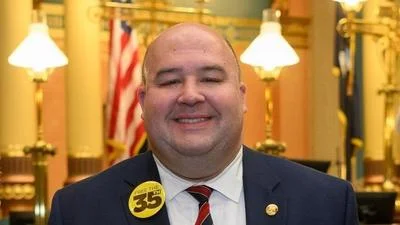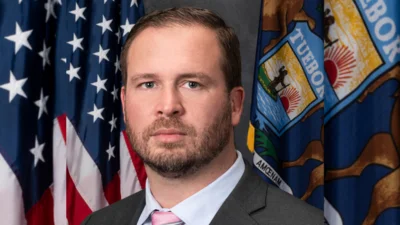Sandy K. Baruah President and Chief Executive Officer at Detroit Regional Chamber | LinkedIn
Sandy K. Baruah President and Chief Executive Officer at Detroit Regional Chamber | LinkedIn
The Michigan Growth Office has initiated a call for applications for the second round of its Make MI Home program, aimed at retaining and attracting talent across the state. The program offers $500,000 in grant funding to collaborations between nonprofits, local governments, economic development organizations, philanthropic foundations, and talent attraction organizations within Michigan. These groups are expected to develop programs tailored to local needs and opportunities.
Governor Gretchen Whitmer emphasized the importance of the program, stating, “My first priority is helping more families and small businesses ‘make it’ in Michigan.” Governor Whitmer noted that last year’s initiative allocated $661,250 to various regions to attract talented workers to the state. She highlighted the impact of their efforts, citing population growth in Detroit for the first time in 67 years, among other achievements. “We’ll continue working to build on our positive momentum,” Whitmer added.
Lt. Governor Garlin Gilchrist II expressed the administration’s dedication to making Michigan an attractive place to live and work. He mentioned, “Our number one job as public servants is to make Michigan the best place to live, work, start a business, or grow a family,” and noted the program's development based on feedback from over 10,000 Michiganders.
In the first funding round, recipients included organizations such as Discover Southwest Michigan and Grand Valley State University, supporting programs launching over the next year.
Hilary Doe, Michigan’s Chief Growth Officer, reflected on the learning experience during the initiative’s first year. Doe remarked, “This second round of Make MI Home ensures that even more regions are supported, their diversity celebrated, and transformative growth strategies are put into motion.” She acknowledged positive outcomes like significant interest from prospective Michigan residents and endorsed the program’s unique approach.
Applicants must form consortiums within or near prosperity regions and are tasked with launching their programs if selected. The applicants are required to commit to a 12-month residency in the state post-funding allocation. Decisions on the grant awards are expected by the end of May, and applications must be submitted by May 2 at 5 p.m.






 Alerts Sign-up
Alerts Sign-up